Jake Ridley, CFP®
Jump to a Section
The Christian and Money
Want to know something you don’t hear often? We’re allowed to enjoy money.
Much has been said about the dangers of loving money. Much has been said about the importance of being generous with money. And much has been said about being content with what you have. And all of those are, of course, true and biblical.
But what about the enjoyment of money? “Wait”, you say, “is there a secret corner of the Bible where Christians are allowed to enjoy something?” You bet there is. And where in the Bible can we find this permission to enjoy money? Funny enough, its located in the book ranked as the most depressing (google it!) in the Bible – Ecclesiastes.
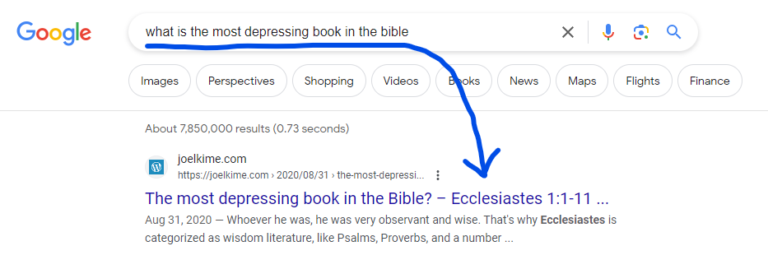
The writer of Ecclesiastes spends much of his time lamenting his observations on life. Everything is “meaningless”, “chasing after the wind”, “a serious problem”, etc. But amidst these somber observations, the writer drops some little breadcrumbs of hope. Like in this passage he comments, “…it is a good thing to receive wealth from God and the good health (or ability) to enjoy it.”
Now that doesn’t sound so depressing, does it? Note that this enjoyment is not only allowed, but is a direct and active “gift” from God. John Piper sums it up by concluding true enjoyment is an act of grace.
If you are like me, this can take a second (or a lifetime) to process. My brain knows guilt. Feeling guilty is as natural as breathing.
If you can relate maybe we can say it together, “I-[State Your Name]-AM-ALLOWED-TO-ENJOY”.
Here’s the catch, though. It is a gift from God. This means the ability to enjoy is not earned, willed, or changed through circumstances. You can’t self-flagellate yourself into enjoyment (ask me how I know). If you can’t grit your way into enjoying it, what can you do? Just wait for God to zap you with the enjoyment gene?
No, this is where prayer, confession, and community come into play. Praying for the ability to enjoy, being honest about where our hearts are in relation to money (example: I tend to hoard it because I desire safety) and being honest within community are means that God uses to transform our hearts.
These are great steps towards having a healthy view of money.
Loving Money is Not a Gift from God
The story doesn’t end there, though. Let’s zoom out a little bit in this same passage to see what enjoying money is not. The writer of Ecclesiastes is comparing the enjoyment of money in verse 19 above to the “meaninglessness” of its opposite – the love of money.
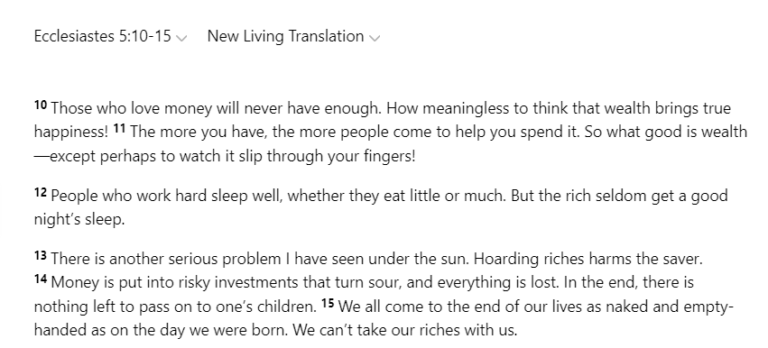
According to the passage above, what is the love of money?
- Greed (“those who love money will never have enough”)
- Continual Discontentment (those “that think wealth brings true happiness”)
- Hoarding (“hoarding riches harms the saver”).
All these ultimately point to a heart that is placing its hope in wealth, apart from God – aka idolatry. And there are a hundred different ways that this “hope” will end up slipping through one’s fingers like sand: people to help you spend it, the stress caused by increasing responsibilities, risky investments that go south, not having the health to enjoy it, and on and on.
Mo’ money, mo’ problems.
Enjoying money is NOT loving money. Enjoying money recognizes the good, generous, and kind creator we have. And it sees him as the source of that gift. He is okay with us having and enjoying the gifts he’s given us.
He’s more than okay with it. This is truly an act of worship, which is what we are created to do.
What Does Your God Look Like?
Ultimately, all this boils down to how we view God, which is the point of Ecclesiastes. Life only has meaning with a correct view of ourselves relative to God. Life is depressing and meaningless if built around anything except the Creator. A life that doesn’t recognize the source of the gifts will only find emptiness in the gifts themselves. They will never satisfy. Sure, there will be moments of fleeting pleasure. But not deep-rooted, foundational joy and contentment.
Need proof? Take a look at this recent survey. The survey asked 2,000 people at what salary they would feel content. The answer? More. It didn’t matter how much the person made. $25,000? More. $250,000? More. The writer of Ecclesiastes could have answered this survey for them 3,000 years prior. Without God how much do we need? More.
“In the survey, most people said it would take a pretty significant pay bump to deliver contentment. The respondents, who had a median salary of $65,000 a year, said a median of $95,000 would make them happy and less stressed. The highest earners, with a median income of $250,000, gave a median response of $350,000.”
A life that sees God as the ultimate good gift-giver, though, is one that can truly be enjoyed. Then the gift won’t be devoured or hoarded but savored and enjoyed.
Because this heart understands that circumstances will change but the good creator will not. And that freedom ultimately allows you to enjoy things.
Not grasping those things in tightly clenched fists.
Conclusion
There have been many pages written about the dangers of money. Yes, loving it is wrong. And many have “wandered away from the faith and pierced themselves with many pangs” because of its allure. But let’s make sure we present a complete view of what the Bible says about money (another soapbox for another day, but this is why it’s critical to read the entirety of scripture).
We are allowed to enjoy it. In fact, the ability to enjoy it is a gift from God. Let’s not forget the true character of God as a loving, gift-giving father.
No, not in a distorted prosperity gospel way.
But in the way God is described in scripture. Then, our answer to “how much is enough” can shift from “more” to “what I’ve been given”.
Disclosure: The views expressed in this article are those of the author as an individual and do not necessarily reflect the views of the author’s employer Astoria Strategic Wealth, Inc. The research included and/or linked in the article is for informational and illustrative purposes. Past performance is no guarantee of future results. The author may have money invested in funds mentioned in this article. This post is educational in nature and does not constitute investment advice. Please see an investment professional to discuss your particular circumstances.

Don’t take it for granted when your investment fortitude pays off. Store it in your memory bank and build that resilience muscle for when (not if) the next downturn comes.

Why I am a fee-only advisor in Round Rock, Texas (the best town in America).

These two verses in Acts describe one of the most inspiring stories of generosity in the Bible.
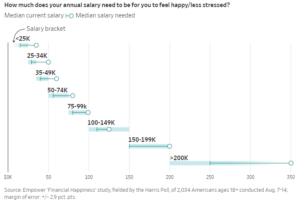
Can a Christian enjoy money? Much has been (rightly) written about the dangers of money. But what about enjoying money?
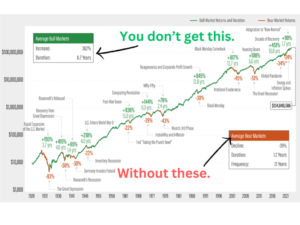
2023 taught us several important investment lessons. Let’s take a look at three.

Should you invest in the market at all when CD’s, money market, high-yield savings, and T-bills are all at their highest rates in over a decade?
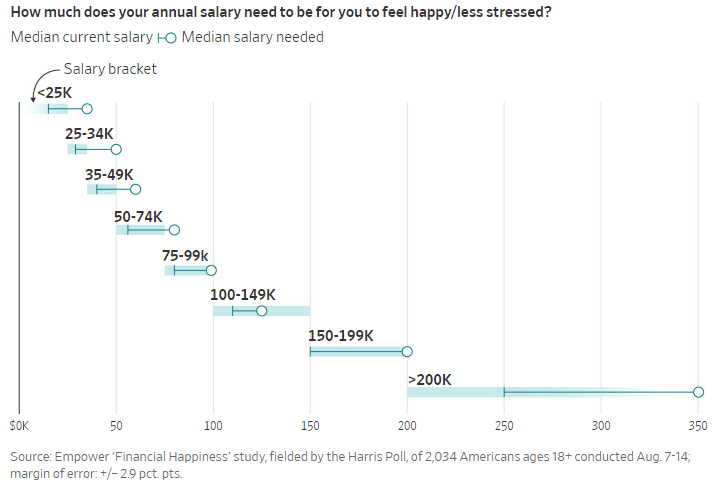

Pingback: Three Steps to Manage the Market Turmoil - Church Fiduciary
Pingback: Worried About Money? Three Bible Passages That Address Money Fears - Church Fiduciary
Pingback: An Incredible, Unsung Story of Generosity [Acts 11:29-30] - Church Fiduciary